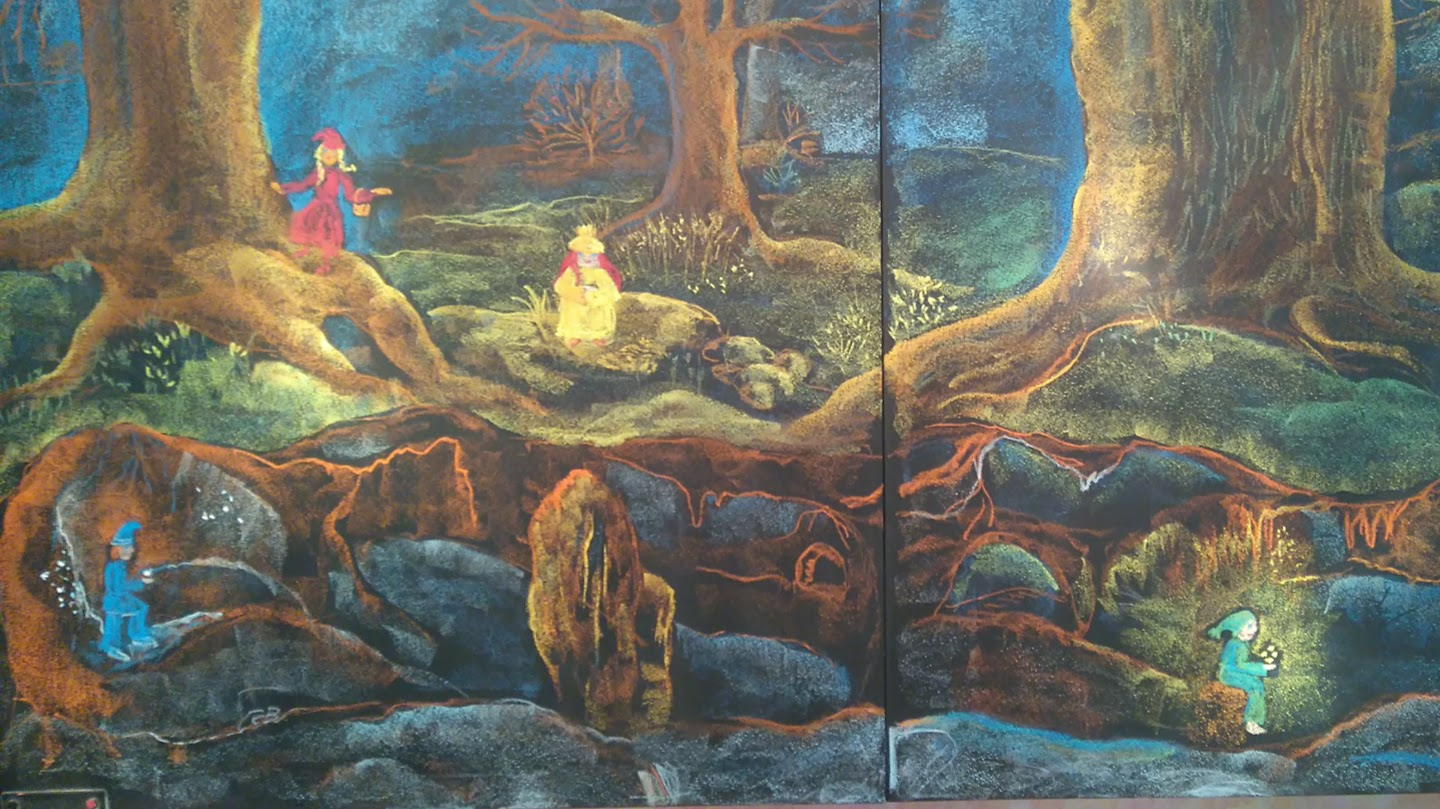Eötvös Loránd University
Bárczi Gusztáv Faculty of Special Needs Education
Budapest, Hungary
Ecseri út 3.
1097 Budapest, Hungary
Contact information:
Maria Pintye Sós
pintye.maria@barczi.elte.hu
tel: +36 20 352 65 08
Teaching language: Hungarian
Number of students: 40 (2023)
Permanent faculty: 1
Part-time faculty: 10
Guest faculty: 10-15
Study programs: 2 years part-time postgraduate program of Waldorf Class Teacher (1-8. classes); Postgraduate Program of Waldorf Learning support teacher (Extra Lesson) 120 credit
Degrees offered:
Postgraduate Diploma Waldorf Class Teacher
Postgraduate Diploma Waldorf Learning Support Teacher
ELTE is the oldest and largest university in Hungary, with more than 50 BA and MA degree programmes in 9 faculties. Among the faculties are the Faculty of Psychology and Education, the Faculty of Teacher Education and the Faculty of Special Needs Education.
The Waldorf pedagogical training programme was established in 1991, immediately after the change of regime, at the Faculty of Special Needs Education, under the leadership of Professor Emerita Dr. Zsuzsa Mesterházi. The training programmes have been ongoing ever since. Initially in general Waldorf pedagogy, later in class teacher training. Initially as a teacher training course with a certificate, from 2017 it has been offering a postgraduate diploma in two specialisations: Waldorf Class teacher and Waldorf Educational Support Teacher of Extra Lesson.
The training cycle for both specialisations is 2 years, 600 contact hours, 120 credits. The aim of the training is, above all, to develop the pedagogical skills of the participants so that they will be able to practice Waldorf education as an educational art in the long term. This is achieved through the development of skills through the arts (eurhythmics, singing, drama, painting, drawing, handwork) and the development of contemplative-meditative skills. It also aims to introduce applicants to the anthroposophical-anthropological and psychological foundations of Waldorf education, its pedagogical system, its pedagogical-methodological culture based on the skills of educators and the results of scientific research. Uniquely among Hungarian postgraduate courses, we also organise a hospitation placement for a total of 30 hours. The training ends with a portfolio and a final discussion. The portfolio includes, among other things, the so-called ars-poetica, in which the student describes the professional changes he or she has experienced during the training, in line with his or her life story. How he or she thinks about the teaching profession, the role and tasks of the teacher.
Alongside the training, the Waldorf Pedagogical Research and Development Circle (WKF) was established in 2021 to conduct and initiate research on the theory and practice of Waldorf pedagogy. It offers supervision and mentoring for students and teachers working on BA and MA and doctoral theses. Build links with national and international teacher education universities to establish a future BA or MA level Waldorf teacher education programme.

